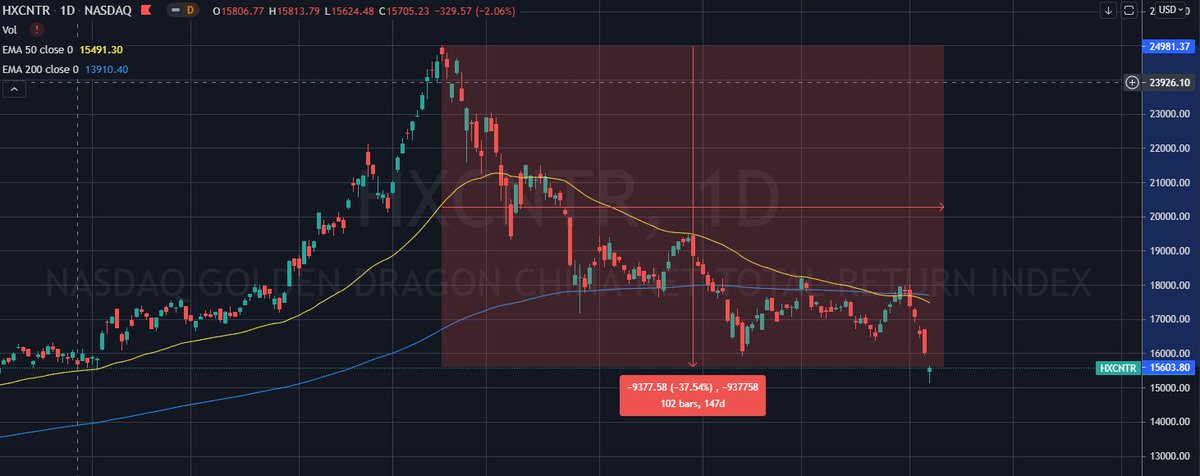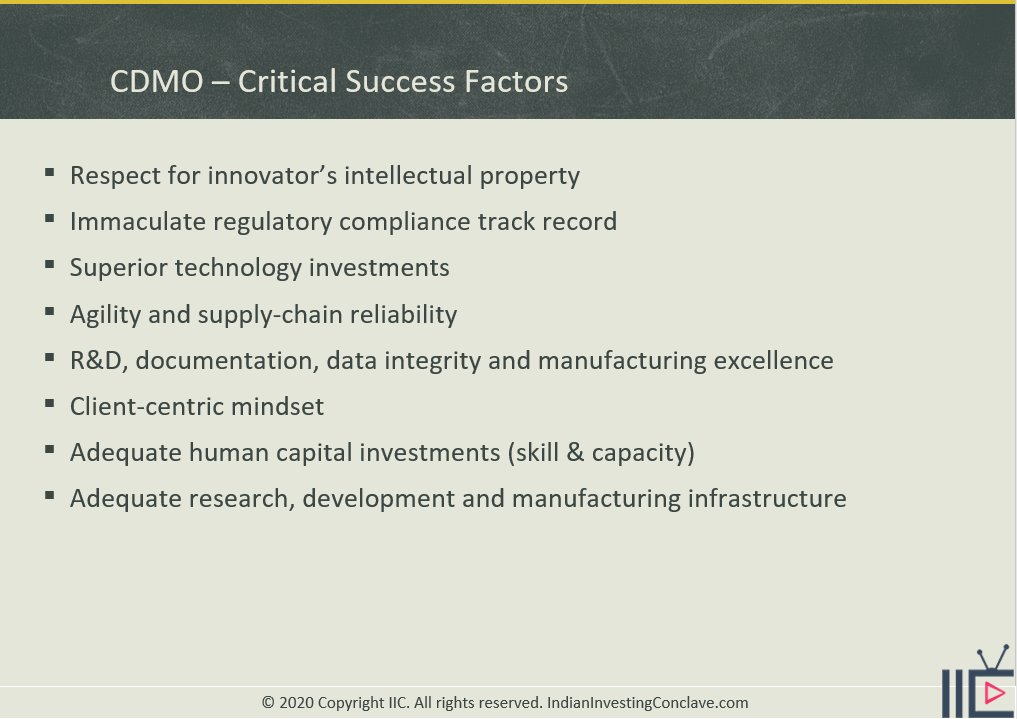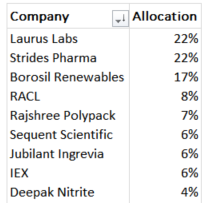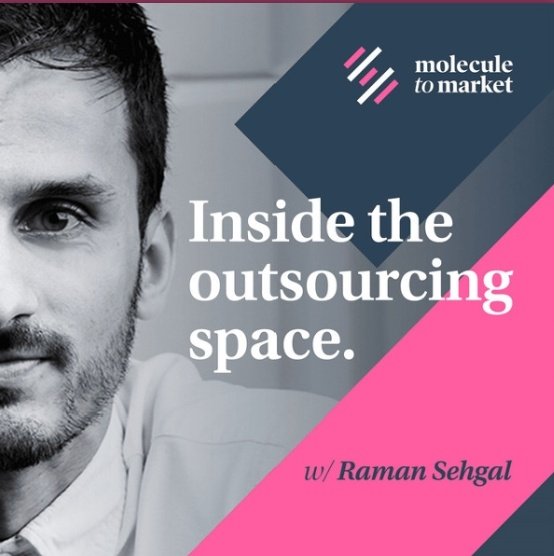Fun Insights from my Portfolio
Deepak Nitrite generates more Cash from Operations than Laurus Labs.
Deepak Nitrite: 999cr
Laurus Labs: 733cr
Deepak grew its CFO by ~30% YoY while Laurus grew its CFO by more than~100% YoY
More from Tar ⚡
The One with the Cash Flow Explained
It's the weekend!
— Tar \u26a1 (@itsTarH) May 15, 2021
Grab a cup of coffee, in this thread I will explain
1. What a cash flow statement is?
2. What does it tell you about a business?
3. How to analyze one?
Examples included various Indian companies.
Let's dive right in. pic.twitter.com/c8tNP26Z8K
The One with Free Cash Flow Explained
Its the weekend!
— Tar \u26a1 (@itsTarH) May 22, 2021
Grab a cup of coffee, in this thread I will explain
1. What is Capex?\U0001f4b0
2. What is Free Cash Flow? \U0001f4b8
3. What does Cash Flow from Investing and Cash Flow from Financing tells us? \U0001f4a1
Examples includes some famous companies.
Lets dive right in. pic.twitter.com/HDJgUvE8f8
The One with Mutual Funds
Its the weekend!
— Tar \u26a1 (@itsTarH) May 29, 2021
Grab a cup of coffee, in this thread I will explain
1. How to select a Mutual Fund?
2. Common and costly mistakes people make while choosing a Mutual Fund
3. Some tools and tips to help you while selecting a fund
Lets dive right in. pic.twitter.com/teelsojtn9
The One on Laurus Labs
Laurus Labs : A Visual Story
— Tar \u26a1 (@itsTarH) May 30, 2021
I am a Data Science / Machine Learning developer by profession and data along with finance are my two areas of competence.
I realize how powerful combining both of them can be, so here is a visual analysis for Laurus Labs.

Lot of regulatory crackdown in China. Top rated companies are available for huge discounts. $BABA for example now has a market cap of less than 600 Billion and is bigger than Amazon in every regard.
I have been aggressively investing more in Chinese equities than Indian ones.
https://t.co/W1RWdKU3sy
OPM: 23%
Free Float: <5%
QoQ continuous increase in ownership by institutions
ROE: ~20%
ROCE: ~28%
EV by EBITDA: 15
Leading developer of Indigenous Military Drones
Exports are prime focus for the company
D: Invested, not a recommendation
Lots of under owned stocks with robust financials within Defense Sector \U0001fa96\U0001f396\ufe0f
— Tar \u26a1 (@itsTarH) April 12, 2022
You don't even have to try looking very hard to find something interesting
More from Uvlearnings

@unseenvalue Given high capex/opex cost structures of US/Japan/EU, how will they be able to compete with Indian API companies? https://t.co/OYhC2PUZpL
— Hiren (@hiren_investing) August 11, 2021
3rd time for me personally
Every sector (Manufacturing, Textiles, Foods, Consumer Products, Materials & Renewable Chemicals, Life Sciences and so on will be impacted by Bioeconomy. Must study ... !)
— Conviction | Patience (@unseenvalue) July 28, 2021
Industry 5.0 Vision 2 \U0001f9ec @soicfinance
[Explained from timestamp 2:41:38 onwards]https://t.co/qgXiH9PdBH
You May Also Like
Where to begin?
So our new Secretary of State Anthony Blinken's stepfather, Samuel Pisar, was "longtime lawyer and confidant of...Robert Maxwell," Ghislaine Maxwell's Dad.

"Pisar was one of the last people to speak to Maxwell, by phone, probably an hour before the chairman of Mirror Group Newspapers fell off his luxury yacht the Lady Ghislaine on 5 November, 1991." https://t.co/DAEgchNyTP

OK, so that's just a coincidence. Moving on, Anthony Blinken "attended the prestigious Dalton School in New York City"...wait, what? https://t.co/DnE6AvHmJg
Dalton School...Dalton School...rings a
Oh that's right.
The dad of the U.S. Attorney General under both George W. Bush & Donald Trump, William Barr, was headmaster of the Dalton School.
Donald Barr was also quite a
Donald Barr had a way with words. pic.twitter.com/JdRBwXPhJn
— Rudy Havenstein, listening to Nas all day. (@RudyHavenstein) September 17, 2020
I'm not going to even mention that Blinken's stepdad Sam Pisar's name was in Epstein's "black book."
Lots of names in that book. I mean, for example, Cuomo, Trump, Clinton, Prince Andrew, Bill Cosby, Woody Allen - all in that book, and their reputations are spotless.

Imagine for a moment the most obscurantist, jargon-filled, po-mo article the politically correct academy might produce. Pure SJW nonsense. Got it? Chances are you're imagining something like the infamous "Feminist Glaciology" article from a few years back.https://t.co/NRaWNREBvR pic.twitter.com/qtSFBYY80S
— Jeffrey Sachs (@JeffreyASachs) October 13, 2018
The article is, at heart, deeply weird, even essentialist. Here, for example, is the claim that proposing climate engineering is a "man" thing. Also a "man" thing: attempting to get distance from a topic, approaching it in a disinterested fashion.

Also a "man" thing—physical courage. (I guess, not quite: physical courage "co-constitutes" masculinist glaciology along with nationalism and colonialism.)

There's criticism of a New York Times article that talks about glaciology adventures, which makes a similar point.

At the heart of this chunk is the claim that glaciology excludes women because of a narrative of scientific objectivity and physical adventure. This is a strong claim! It's not enough to say, hey, sure, sounds good. Is it true?


















